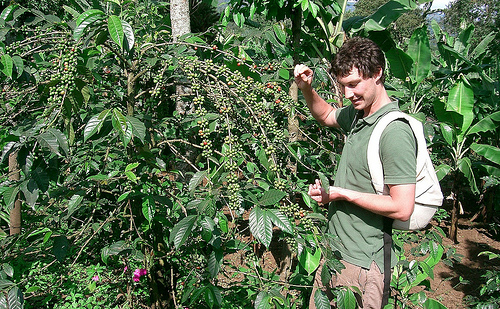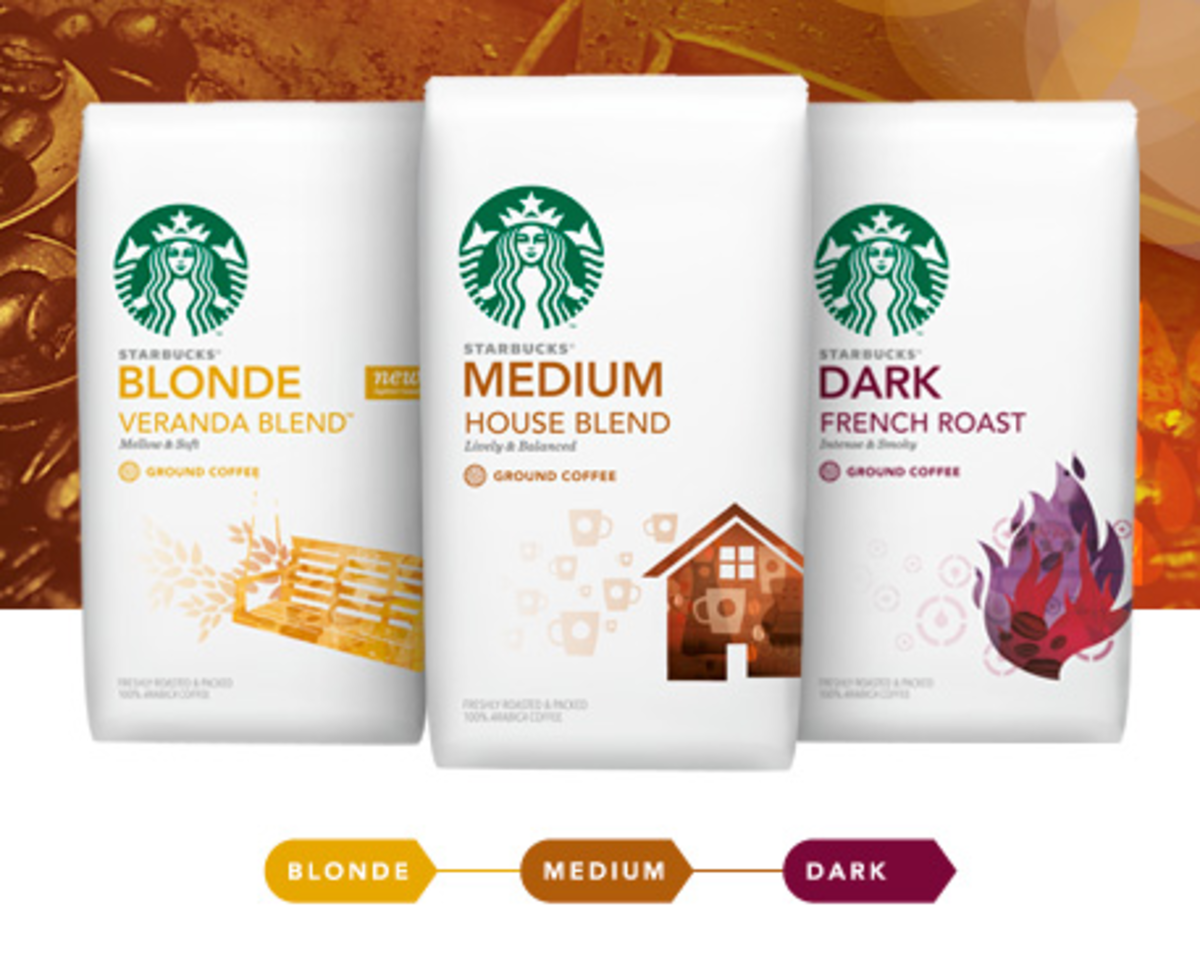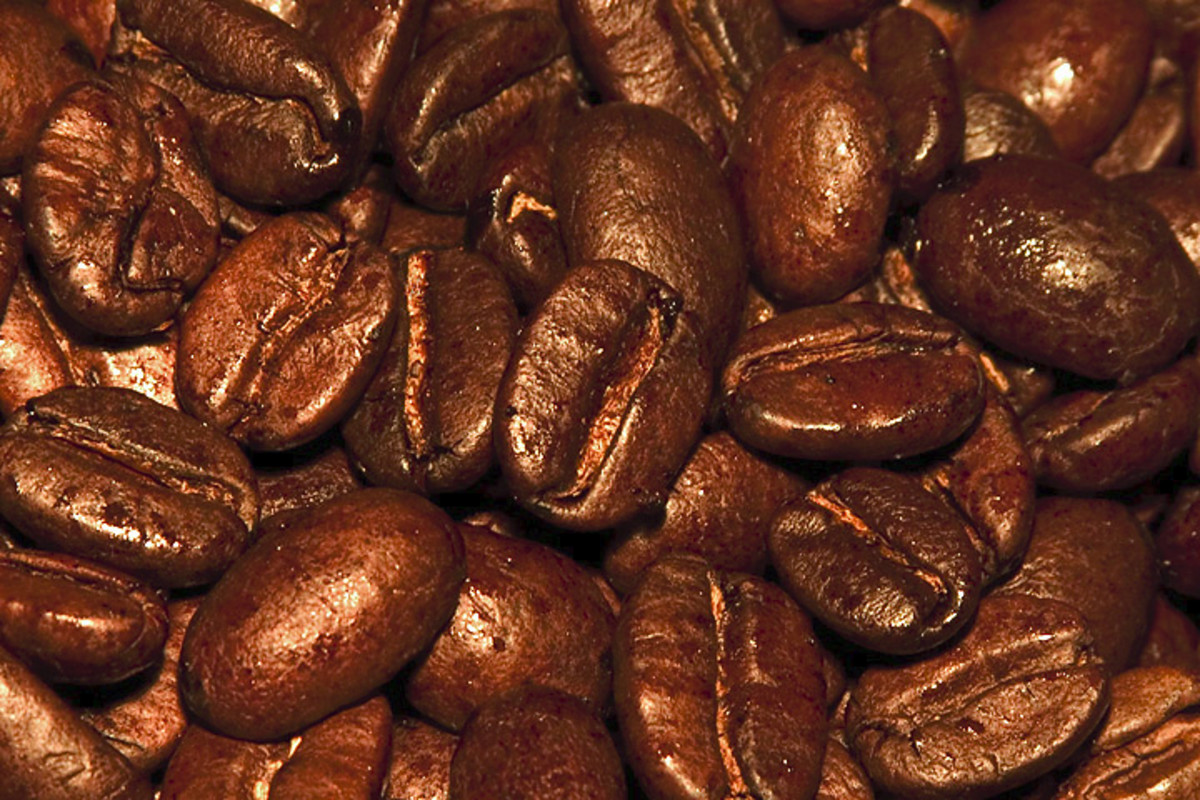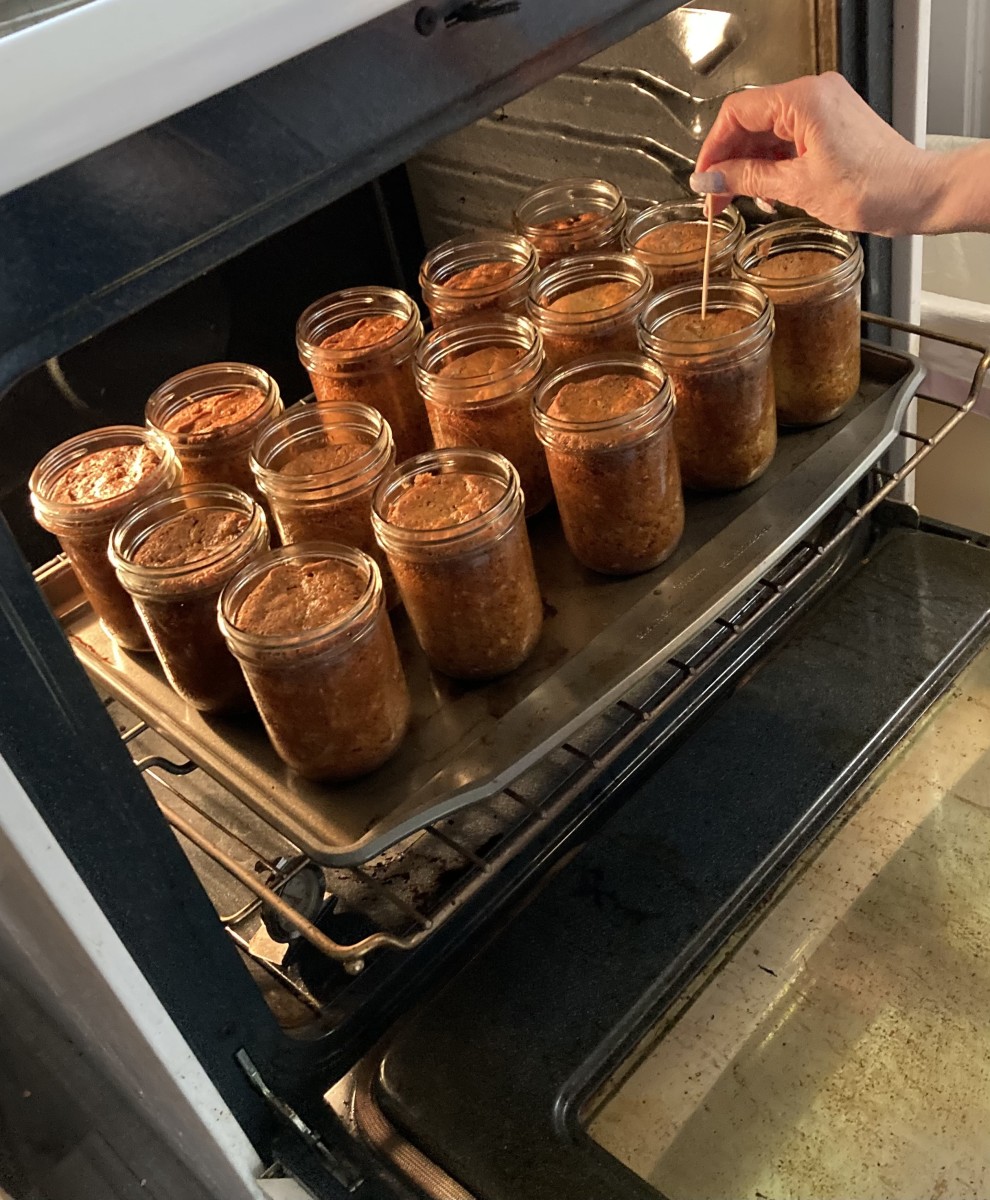About Organic Decaf Coffee Beans

All about organic decaf coffee beans
Mmmm… coffee! It’s not just for breakfast anymore. Coffee is one of the most popular beverages, and in recent decades has come a long way from freeze-dried grounds in a can. If you’ve never had a hot cup of freshly ground, brewed organic coffee beans, you haven’t lived!
In order to learn about organic decaf coffee beans, first we have to know exactly what organic food is. Basically, it is food which grown naturally, without using any of the common agricultural chemicals often found in commercial fertilizers, pesticides and weed killers. While there is no world-wide legal definition of ‘organic’, ideally in an organic crop, none of these chemically enhanced products would be present.
This process of growing crops organically can be beneficial to your enjoyment, health, as well as be good for the environment! Now wouldn't that be a great start to your day?
Coffee Beans Harvest

The Benefits of Organic Coffee Beans
Not only is the flavor profile of organically grown coffee arguably better, it’s also much healthier—for your body, as well as for the environment.many claims that organic coffee beans actually taste better.
This is due to the fact that no chemicals involve in the growing process .The argument is that there is more presence of natural flavors when growing the coffee naturally. Additionally, you get your coffee without getting all the unnecessary chemicals that could leach into the plant. It's simply a cleaner, more natural product.
The preservation of the environment is another good argument for using organic coffee. Crops grown using chemicals such as artificial fertilizers or pesticides have a toxic runoff that makes it's way into the soil, the streams and waterways.This can disrupt the delicate balance of the ecosystem. By supporting organically grown products, we can avoid this problem.
The method of growing organic coffee beans is different. Mostly the organic coffee beans are "shade grown" that means growing in the shade of other trees or other vegetation found in jungles and forests and not in clear cut fields. With the growing problems of deforestation, this is very important. The coffee beans are fertilized by the birds and animals living in these forests and thus there is no need in using artificial fertilizers.
What do you say? Poll
Do you drink regular or decaf?

About Decaf
Many people love their morning coffee, but prefer drinking it without caffeine. Caffeine can be a stimulant that causes some people to be a little hyper and jittery. For some people with certain health problems, caffeine can aggravate them and is not good. So many people prefer to take their coffee decaffeinated. For those people, organic decaf coffee beans are the perfect choice.
You can't actually grow decaf coffee; you have to remove the caffeine from it after it's harvested. The process of removing the caffeine from the bean is very interesting. There are five different methods of removing the caffeine from coffee beans: the Swiss water process,
the direct method, the indirect method, Carbon Dioxide Method and the Triglycerides Method.
Some of these methods like the direct method use chemicals like methylene chloride to remove the caffeine. Some methods like the Swiss water process don't use chemicals.
what do you say? Poll
If you've ever tried a high quality organic decaf coffee, do you think it's worth the money?

When talking about organic decaf coffee beans, of course only methods without chemicals can be used. The Swiss water process method is the favorite.
With this method, the organic green coffee beans are soaked in hot water. Caffeine is water-soluble therefore the hot water extracts the caffeine out of the organic coffee beans. Then the water, which contains coffee solids and the caffeine, passes through a carbon filter which prevent the pass of the caffeine. This is the tricky part. The carbon filter lets the water with the solids go through the filter, but the caffeine doesn't. So now we have water with coffee solids, but without caffeine. We will take these water and a new bunch of organic green coffee beans (green means unroasted) and we will soak the new beans in these water. Because the water are already filled with coffee solids and they are without caffeine which was filtered, only the caffeine goes out of the coffee beans and the solids remain in the beans as opposed to the first time.
This is what makes the quality of organic decaf coffee so much better than that of regular coffee-- it's also what makes organic decaf coffee more expensive, because the natural process is so much more painstaking. The superior results, though, make it quite worth it.
One interesting fact about the Swiss water process is that, though this method was invented in Swiss, the only plant using it is located in Canada.









